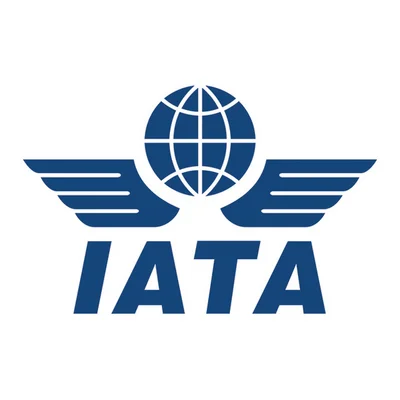Spirit Airlines, which recently filed for Chapter 11 bankruptcy, has announced a strategy to focus on premium leisure options in response to changing market demands. The airline aims to achieve sustainable profitability by the latter half of the decade.
The company identified shifting customer preferences and operational challenges post-pandemic as key factors affecting its business. Spirit Airlines noted an increase in low-fare options from non-low-cost carriers and a rise in demand for premium leisure travel, while business travel remains below pre-pandemic levels. Additionally, inflation-related costs have impacted no-frills airlines' margins more than others.
Issues with original equipment manufacturers (OEMs), such as problems with the 737 MAX and Airbus delivery delays, have further constrained capacity in the domestic market. In light of these challenges, Spirit Airlines has been preparing for life after a failed merger with JetBlue since mid-2023. The merger was blocked due to concerns about consumer impact.
 Alerts Sign-up
Alerts Sign-up




































